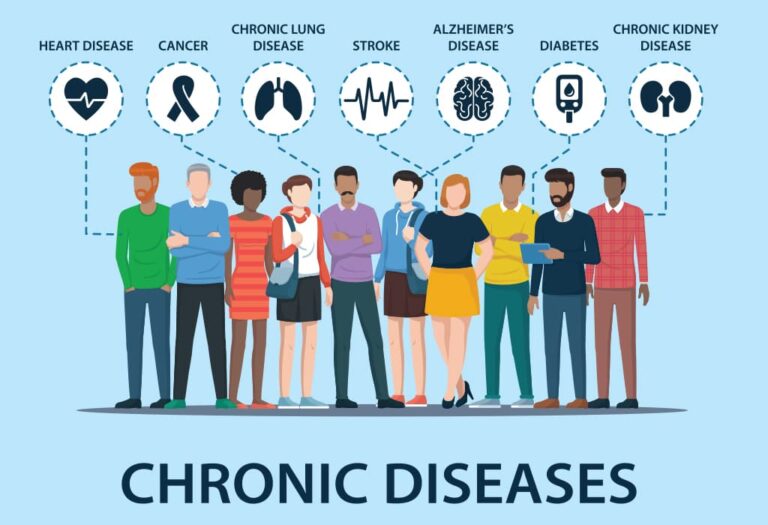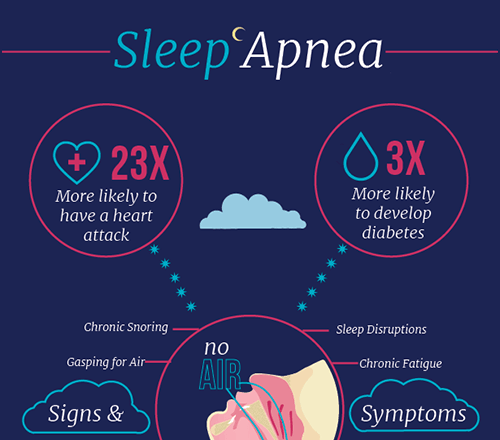Heart: Take Care of Your Heart’s Health
Author: Giselle Robel
Giselle Robel
Category: Health
 Heart Anatomy. Part of the human heart
Heart Anatomy. Part of the human heart
What is the heart?
It is a fist-sized organ that pumps blood throughout your body. And it is the primary organ of your circulatory system.
Heart contains four main sections (chambers) made of muscle and powered by electrical impulses. Your brain and nervous system direct your heart's function.
In addition to that, your heart is the main organ of your cardiovascular system. It is a network of blood vessels that pumps blood throughout your body. It also works with other body systems to control your heart rate and blood pressure. However, your family history, personal health history and lifestyle all affect how your heart will works well.
Cardiovascular diseases (CVDs) are the world's leading killer, causing 1 in every 3 deaths with an estimated 50,000 dying every year. The causes of heart attacks and strokes are usually the presence of a combination of risk factors, such as tobacco use, unhealthy diet and obesity, physical inactivity and use of alcohol, hypertension, diabetes and high level of cholesterol.
It is never too late to start changing your lifestyle towards a healthier heart. Here are a few practical steps you can follow.
1. Eat a heart healthy diet
A healthy heart diet consists of a combination of different foods including fruits, vegetables, whole grains, legumes, and nuts. Avoid eating salty meats such as ham, bacon, sausage, hotdog, as well as salty food such as dried fish. Use lemon juice and vinegar to season your food instead of high-sodium condiments such as soy sauce, fish sauce, and ketchup. And also, avoid the consumption of processed, canned, and fast food. Replace sweetened snacks such as doughnuts, cookies, and the like with fresh fruit and vegetables and if thirsty, substitute sweetened beverage sodas and sweetened juices with water.
2. L ose weight if overweight
Overweight and obesity are defined as a body mass index (BMI) of 25 and higher. Central obesity or adiposity on the other hand is a high waist circumference of more than 80 cm for females and more than 90 cm for males. A high waist circumference points to more intra-abdominal fat and is associated with a higher risk for developing cardiovascular disease. Try to reduce 500 kilocalories in your daily diet, which will be a big help in bringing down about an average weight loss of approximately half to almost 1 kilogram a week.
3. Increase regular physical activity to at least 2.5 hours per week
Physical activity helps improved blood pressure, improved levels of cholesterol and other blood lipids, and weight control. Minimal physical activity is better than none at all. Inactive people can start with small amounts of physical activity (even as a part of their normal daily activities) and gradually increase duration, frequency and intensity. Adults are recommended to perform at least 150 minutes of simple physical activity (e.g. brisk walking, climbing stairs, dancing, gardening or doing household chores which can result in mild increase of heart rate) spread throughout the week.
4. Don't use tobacco
Tobacco use and exposure to second-hand smoke are harmful to your heart. Quit using tobacco. This will be the biggest gift of health you can give your heart and it has an immediate and long-term health benefits. Which includes living up to 10 years longer. After a year of quitting, the risk of heart disease is about half that of a smoker. Fifteen years after quitting, the risk of heart disease is the same as that of a non-smoker.
5. Avoid drinking an alcoholic beverage
Alcohol consumption has been linked to more than 200 disease and injury conditions, and one of them includes cardiovascular diseases. While most people report their alcohol drinking as occasionally or binge drinking. There is no safe level for drinking alcohol, so it is better to avoid drinking alcohol altogether to protect your heart.
6. Have your blood pressure and blood sugar checked regularly
An important way to maintain a healthy heart is for you to always check your blood pressure and blood sugar regularly by a health worker. Some people do not exhibit symptoms even if they already have high blood pressure - and it can hurt your heart. It is also important to talk to your health worker if you have behavioral risks (unhealthy diet, physical inactivity, use of tobacco and alcohol) so they can help you plan the lifestyle modifications you should take to get your heart health back on track. If you are diagnosed with hypertension or diabetes, set targets with your health worker and take your medicines regularly. Involve your loved ones in your journey to a healthier heart.













